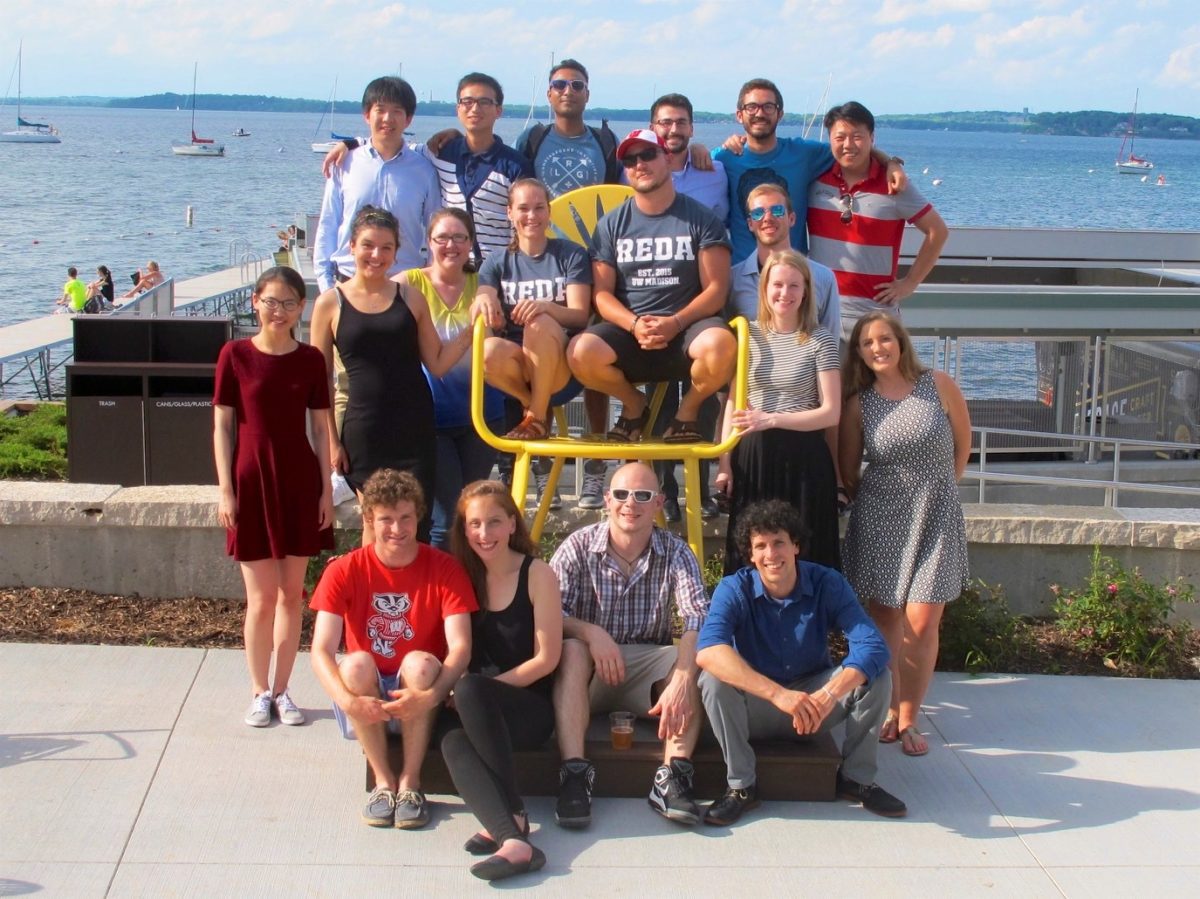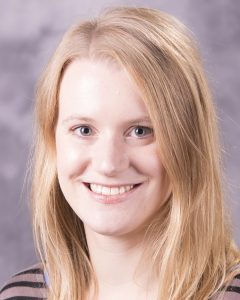
The University of Wisconsin-Madison’s professional master’s degree in Resource and Energy Demand Analysis (REDA) is the first professional training program of its kind, preparing students for in-demand careers with utilities, consulting firms, regulators, and other organizations involved in protecting natural resources. It helps them develop the quantitative skills to manage and evaluate energy efficiency and resource conservation programs.
Just as important as what the students learn is how they learn. They go through the one-year program in a small group—a cohort design that fosters peer-to-peer learning and a culture of intellectual curiosity.
“As a cohort we study together, we go out for drinks together, we do group projects together,” says Kathleen Ward. “It’s really a collaborative atmosphere, both in and outside the classroom.”
Growing and learning together

REDA students learn economic theory, survey methodology, econometrics, statistics, and communication skills—everything they’ll need to find jobs. They also engage in out-of-class activities, including conferences, seminars, and presentations by industry practitioners.
The cohort model helps students begin to establish their professional networks.
“We get to socialize together and develop relationships we’re going to have for our entire careers,” says Justin Margolies. “I know I’ll stay in contact with the people in this program for the rest of my life, and we’re going to be really good friends.”
Qifan Hu also appreciates the program’s friendly environment.
“We have a very good atmosphere to grow together and learn together,” he says.
For more information on the professional master’s degree in Resource and Energy Demand Analysis, watch the video above or see here.